Last Updated on March 20, 2024 by Moulik
Buying a washing machine can be a daunting task if you see the number of models you have to choose from. But the task becomes a lot more manageable when you know exactly what your own requirements are.
The following can serve as a good buying guide so you can make a well-thought out purchase.
Capacity of your Washing Machine – Does that Matter?
The capacity you choose will depend on multiple factors. The first consideration is, how many people will the washing machine service? If you are single or live as a couple, a 5-Kg+ washing machine is good enough.
But if you live with parents and your own children, you may want to consider a washing machine in the range of 7 Kgs.
For an even bigger, traditional Indian joint family, it makes sense to buy a bigger washing machine in the 9.5-Kg range.
The second consideration is how often you do laundry. Most people do not use their washing machines every day, but modern machines have a quick wash function that is suited for daily use.
If you plan to use the washing machine on a daily basis, for a single person/couples, a 5 Kg+ washing machine is good.
For a larger family, because daily wash volumes will be lower than weekly wash volumes, a 6.8 to 7 Kg washing machine is adequate.
Automatic or Semi Automatic – Which one should you consider?
In the case of an automatic washing machine, all you have to do is connect the washing machine to a water source, add the detergent and the laundry and the machine will run itself on a preset cycle. During this, it takes water and discards it as per the cycle requirements.
In the case of a semi automatic washing machine, you can add the water separately and you have to manually remove clothes from the washer to put in the dryer. Now the main difference between the two kinds is the water requirement.
If your area has frequent water shortage, or if you only get timed water once or twice a week, your fully automatic washing machine will not be able to take as much water as it needs.
In these cases, it is best to go with a semi-automatic washing machine where you can put the amount of water it needs for the washing cycle.
However, you also have the option of High Efficiency (HE) Washers.
These come at a premium price, and require special HE washing detergents. But they use less water than a regular washing machine.
But if it detects extra suds, the HE washing machine will add more rinse cycles, leading to roughly the same amount of water. So unless you have a constant supply of water, it is perhaps better to go with a semi-automatic washing machine.
If you do have a constant supply of water but don’t want to spend extra on an HE washer, a fully automatic washing machine is ideal.
After you connect it to the tap, add the detergent and the laundry, the washing machine takes care of its own cycles according to your preset so you can forget about it till it is time to take out the washed laundry.
Also, some experts say that regular fully automatic washing machines can be marginally better at cleaning clothes as compared to HE washers.
Top Loading or Front Loading Washing Machine
Both top-loading washing machines and front load ones have their own benefits.
Top load machines, to put in a nutshell, are easier to use because you don’t have to crouch down to put the laundry in, and there is no chance for any mould build up because the hatch is not coming in contact with water during the wash.
In addition, they offer the option of pausing the wash cycle to put in any item of laundry that you missed.
Front load washing machines are newer in India, and therefore, still more expensive than top loaders.
Drums are pretty much similar in both kinds and most top load washing machines these days do not have a bulging center agitator that could wear down your clothes earlier.
They have a central pulsator which is gentler on clothes and the washing function happens in a tumble motion rather than a scrubbing motion.
Apart from this, the material and patterns used on drums are similar in both front load and top load washing machines in most cases, so there is no additional damage to your clothes.
If you live with parents, and they are going to operate the washing machine more frequently, it is best to go with a top loader washing machine because they are easier on the elderly and/or those with back trouble.
But if that is not a concern, a front load washing machine makes a lot of sense.
Like we mentioned, they are newer in the Indian market, so they are getting the bulk of the newest tech innovations. In that sense, buying a front loading washing machine might be more sensible because it might have better technology than a top loading washing machine.
Programs & Requirements
The next factor to consider is your requirements from the washing machine. Is there a baby in the house? If yes, then you need a washing machine with a proven ability to wash delicate thoroughly without leaving any residual detergent.
Are you allergic to detergents? Then go with a washing machine that has an anti-allergen function.
Do you or your children play a lot of sports?
If clothes get heavily soiled on a regular basis, then you need a washing machine that is excellent at cleaning super-dirty fabrics.
In most cases, users tend to use the first preset for washing clothes without paying much attention to other programs.
But if you have special requirements like the above, then pay close attention to what programs the washing machine offers.
A good feature to have is a tub-clean function. Washing machines essentially deal with dirt and soil, and over time, it is only natural that they will have a buildup of bacteria from all the grime and water.
Tub clean is an auto-preset which cleans the tub thoroughly before you put your laundry in it so your laundry comes into an already sanitised tub.
If your washing machine does not have it, you can still give the tub a wipe down with a disinfectant once in awhile.
Another good feature is presoak. Often clothes get too grimy and need to be soaked before they are washed. The traditional way to do this was to soak the clothes in a bucket full of soapy water before putting it in the washing machine.
A number of washers these days come with a presoak function that allows you to soak clothes in the drum before the machine begins its wash cycle.
This may be an excellent feature for people whose clothes get very grimy frequently.
Delay wash is a good feature to have for days when you want the washing machine to start the wash cycle at a preset time. For multiple reasons you may want to delay when the washing machine begins its cycles.
Delay wash lets you choose a time, often between six to thirty six hours of putting in the laundry, and will start only at the time you choose.
So if you want to come home to clothes washed and spin-dried, set your washing cycle to run at a preset time when you leave for work, and it will finish the cycles before you get home so all you have to do is put them out to dry.
Steam cleaning is good for those who wear a lot of delicate fabrics that cannot otherwise be washed in a machine.
Machines that offer this function use a heater built into them to heat the water so it turns into steam, and then uses this steam to clean clothes that cannot be tumbled in water.
Some people prefer to add bleach or softeners to their clothes during the washing cycle and having a washing machine with dispensers for these items is sensible.
For a lot of people, a washing machine is simply a tool to wash clothes so they don’t have to crouch on the bathroom floor to wash laundry.
The washing machine in these cases needs to be easy to use without too many complicated features or even a daunting number of buttons and choices on the control panel. In such cases, it is best to go with a basic washing machine that has the basic four or five programs and the regular wash-rinse-spin cycles instead of a host of other features.
Choose a washing machine depending on how comfortable you are with learning and using new features on the machine.
Other Things to Look for while Setting up your Washing Machine
There are a few more things to look for when you are buying a washing machine. One of them is the water outlet pipe or drain hose. Check if the outlet pipe is reversible. In some washing machines, the outlet pipe can be fixed either to the right or the left of the washing machine.
Depending on where you will use the washing machine and which side the outlet drain is, the outlet pipe should be flexible enough to be fitted either on the right or the left of your washing machine.
Also remember the water inlet pipe. Check that it is long enough to reach from your designated tap to the washing machine. Also, check if the pipe requires a separate socket assembly.
It should be an easy assembly set and require no more than a single screwdriver to fix it on your tap.
Build quality is another significant concern. A metal body washing machine may be prone to rusting if you keep it at a place where water can splash on the body.
Brands that make metal body machines do take extra care to offer an anti-rust coating, but it is metal, and it will rust over time, no matter how carefully you use the machine.
Plastic body machines are safer, but check that the plastic is sturdy and feels durable. Do check the hatch door when you make the purchase because a flimsy build quality can cause breakages or damage later, because this is the component that you will handle most frequently.
The tub too is better if it is plastic. A lot of places in India have hard water which may cause significant corrosion on metal tubs.
Some washing machines come with a feature that softens water before it enters the tub, but even then, there is a considerable amount of hardness in the water that can corrode the top layer of the tub over time.
Plastic tubs are safer because hard water cannot rust them on the surface.
They might stain too with hard water, but cleaning them is easier.
Check the spin speed of the washing machine before you buy it. A faster spin rate would mean that the washing machine spins more in a given time, and therefore more water is wrung out of your clothes at that cycle.
A washing machine with a spin rate of 1000 will give you drier clothes post wash than a machine that spins only at 600.
Check if the washing machine has any special requirements. Does it require specific detergents? These days you can buy top load, front load and HE – specific detergents.
In the case of top load washing machine, regular detergents work just as well. When you buy a washing machine, check if it needs any of these specific kinds of detergents and calculate the change in costs to know how much more you will be spending annually on detergents.
While on the subject of annual expenses, check the energy rating on the washing machine. Knowing how many units it consumes will give you a fair idea about how much you will be spending annually on running it.
Most washing machines these days are energy efficient, so do not fall prey to something with an unusually high consumption even if it has other great features.
Also, extended warranty is an important factor if you want your washing machine to last longer than usual.
Like any electrical appliance, washing machines are also prone to unforeseen breakdowns and the manufacturer warranty will only cover your appliance for a year. Buy an extended warranty at the time of making the purchase so your washing machine is protected for a longer span and repairs/replacements are affordable and prompt.
RELATED:
- How to keep your washing machine clean and odor-free
- Everything you want to know about a washing machine drum
- Fuzzy Logic: What it means in your washing machine
- Tech Decoded: Your handy washing machine glossary

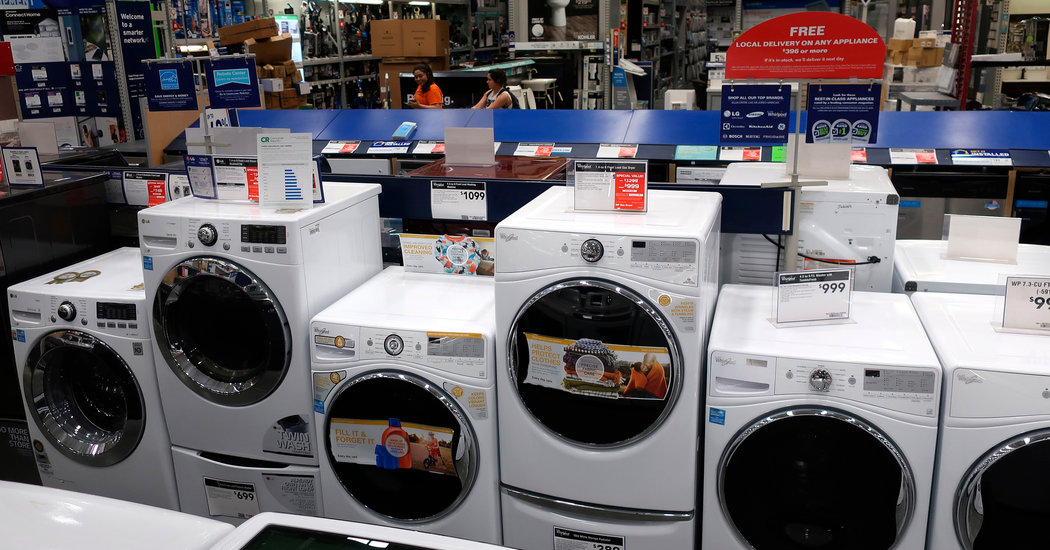
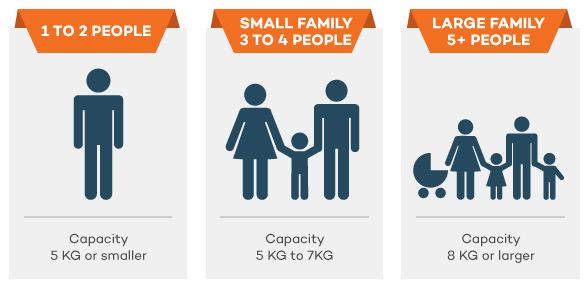
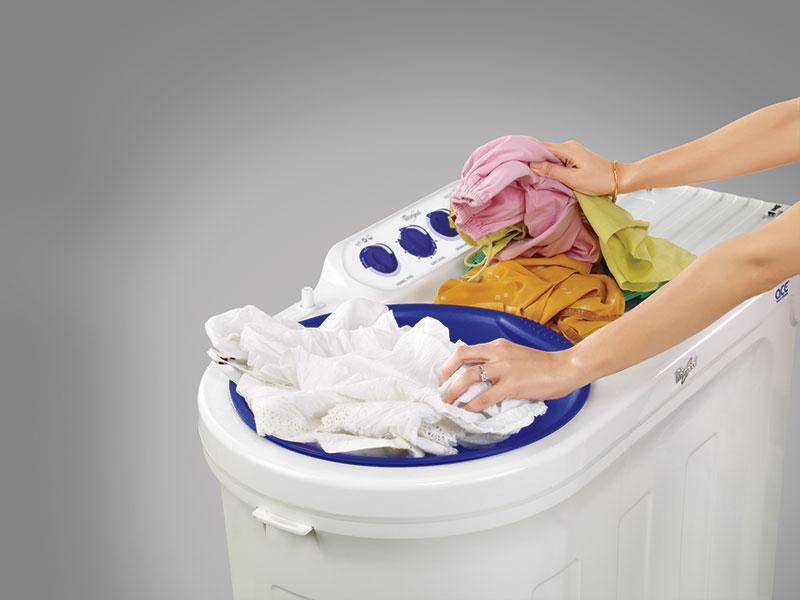
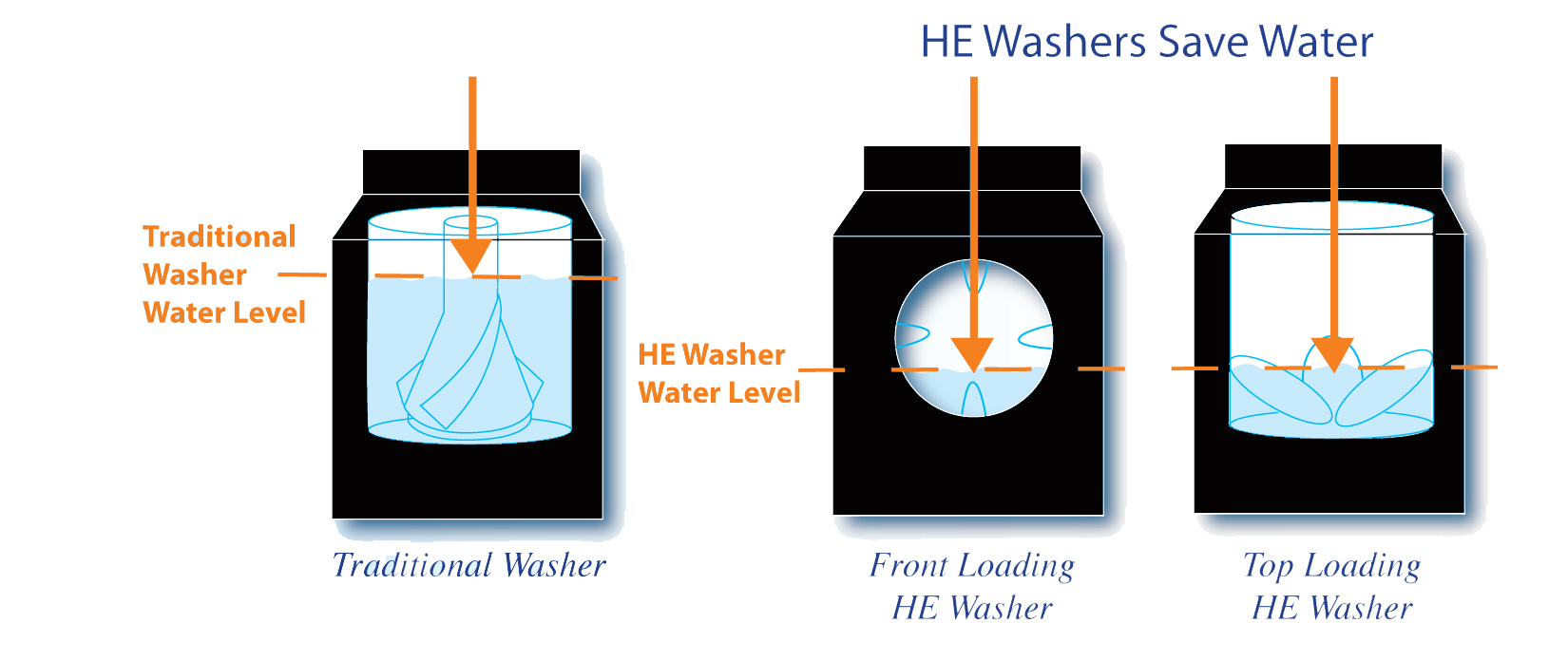


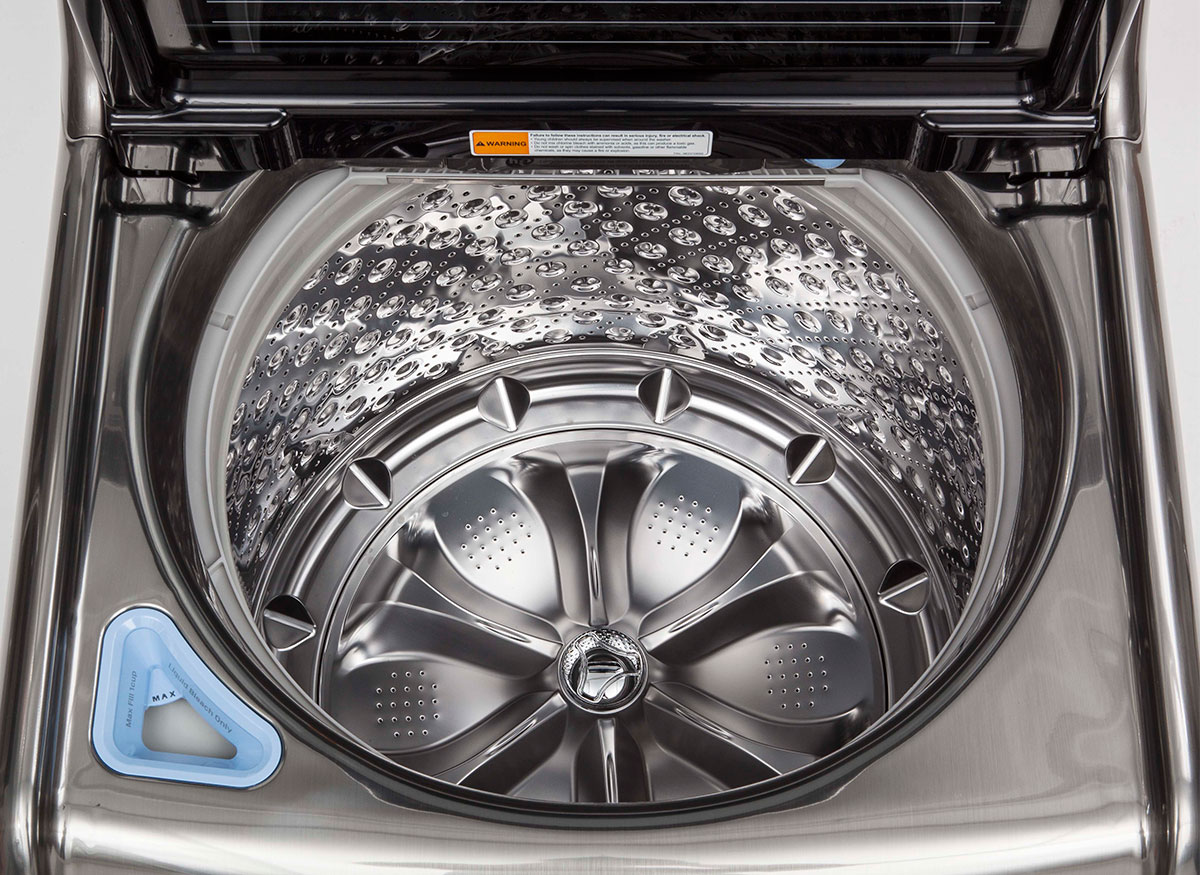
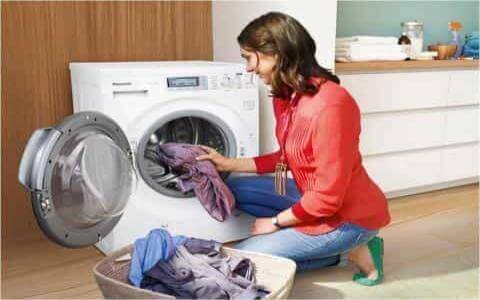
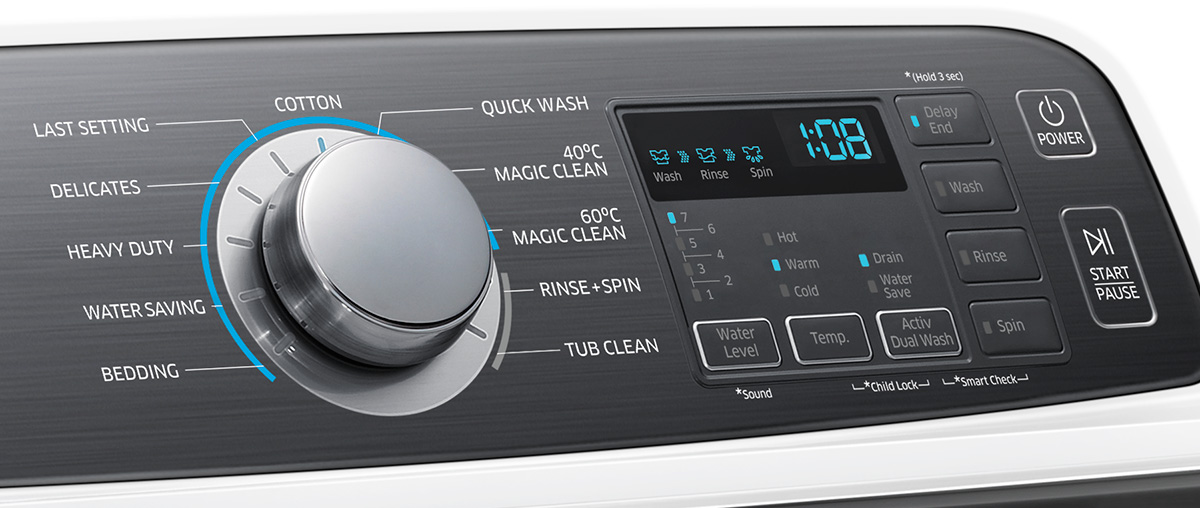
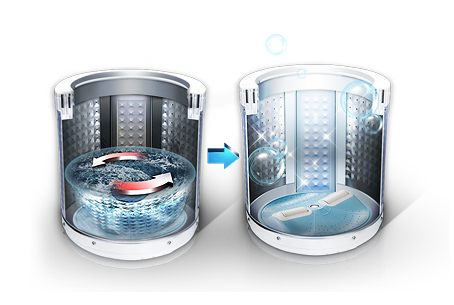
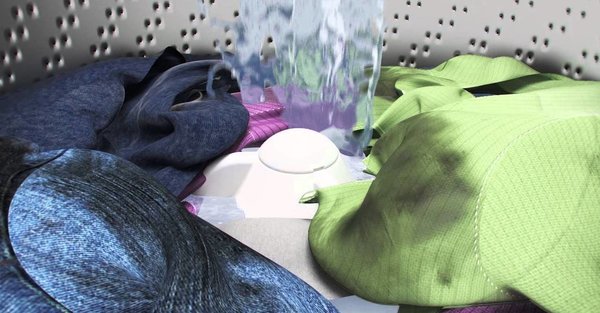


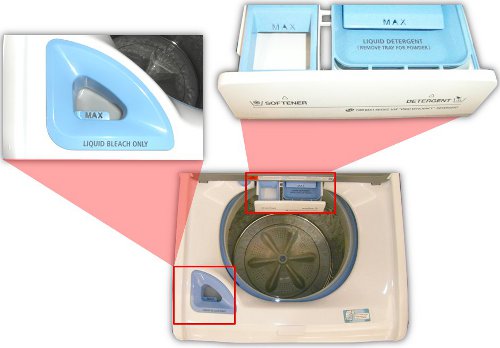
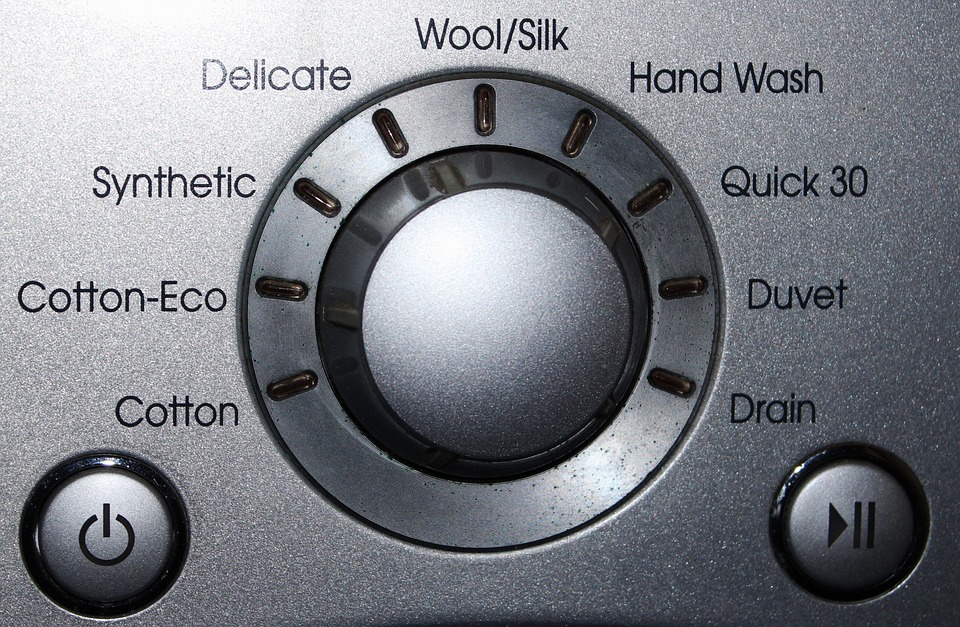
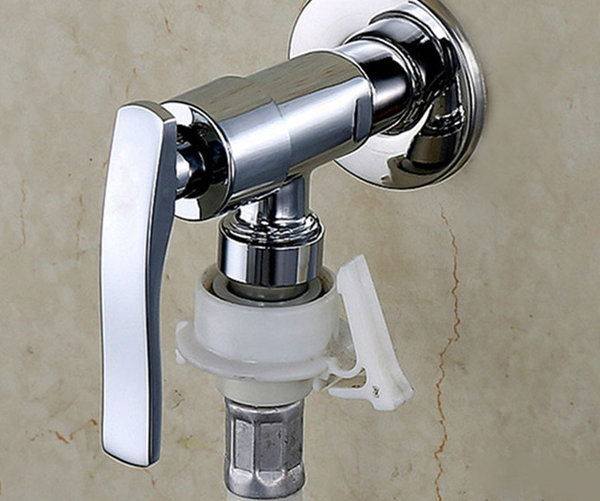
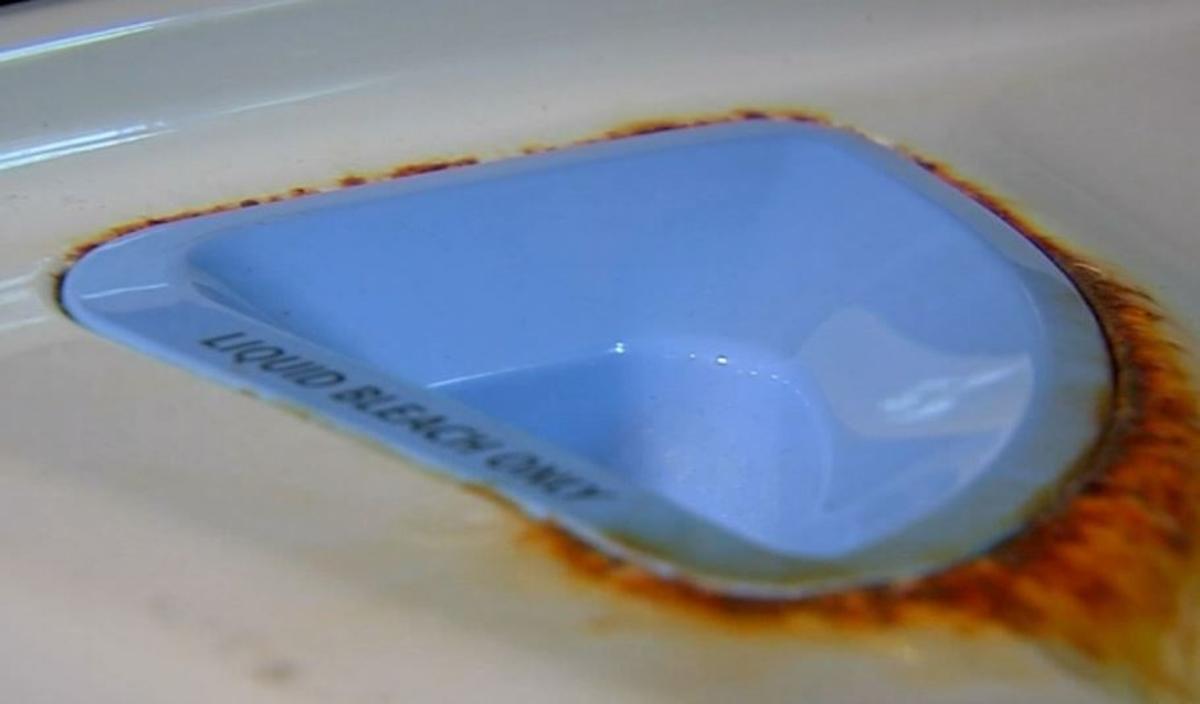
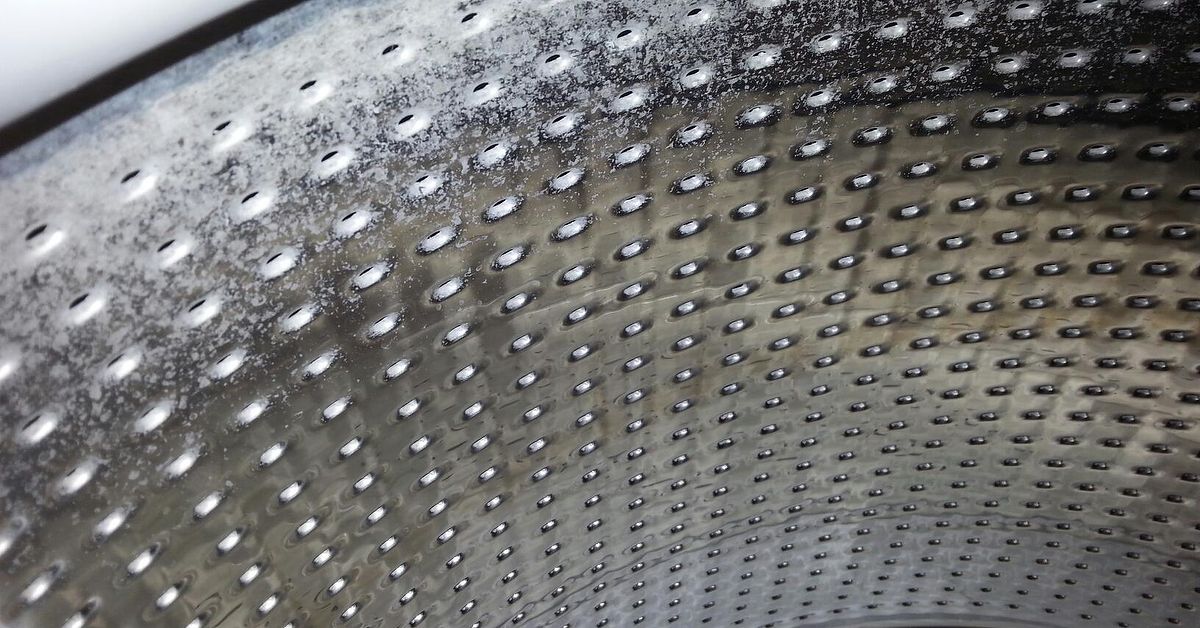
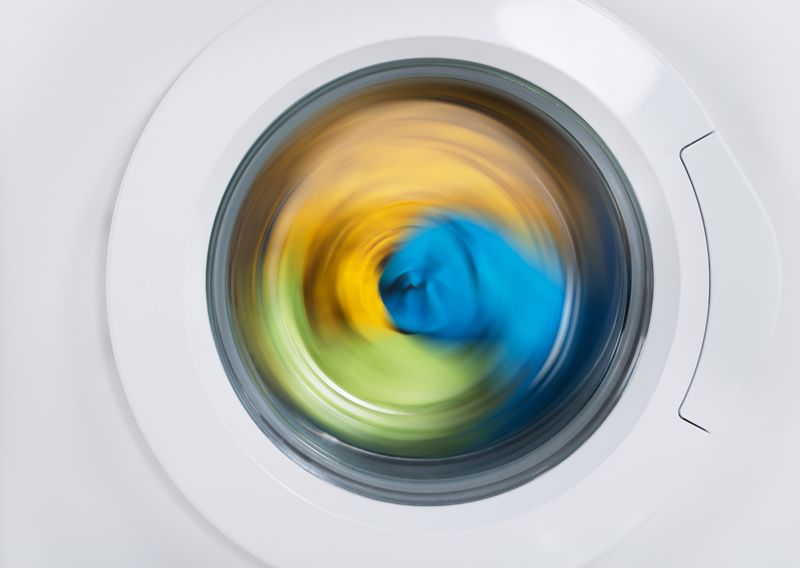

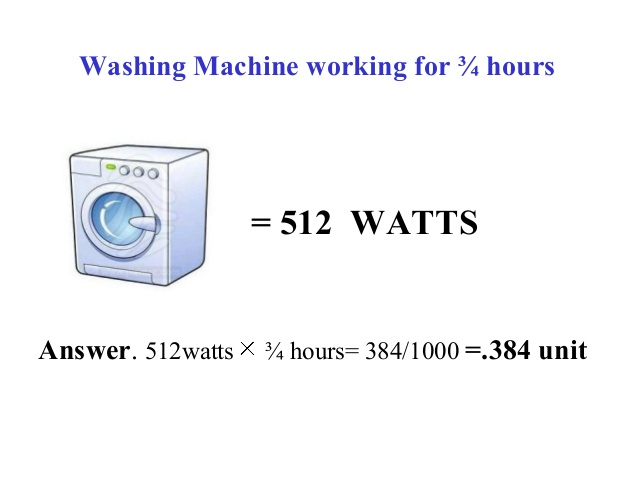
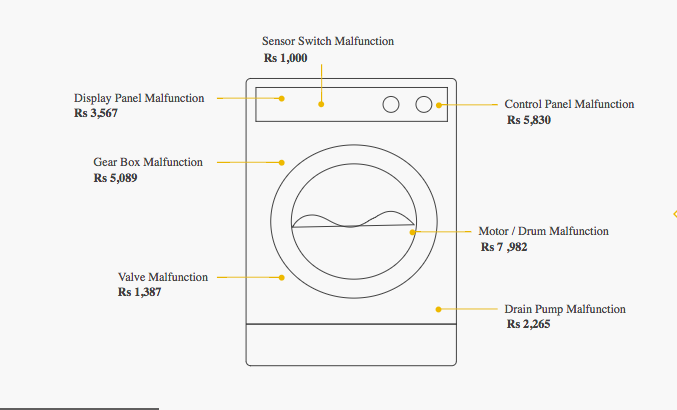
Discussion about this post